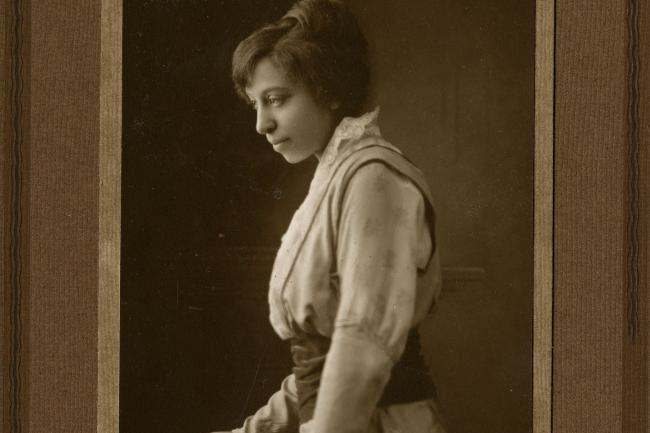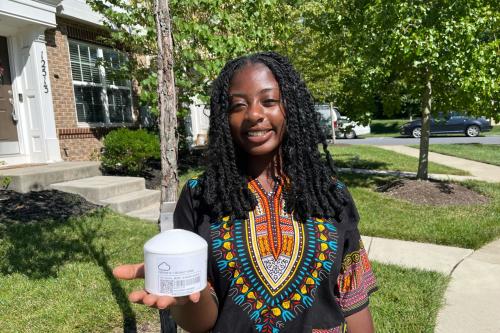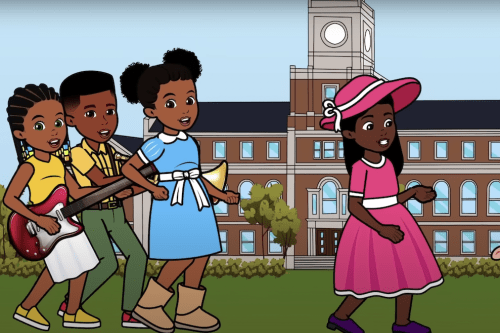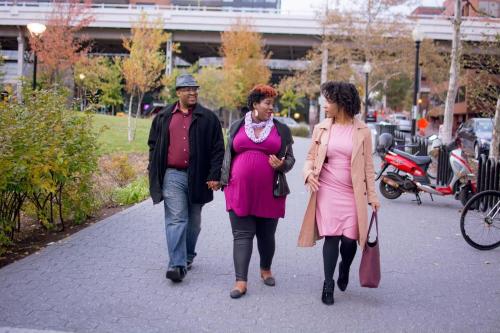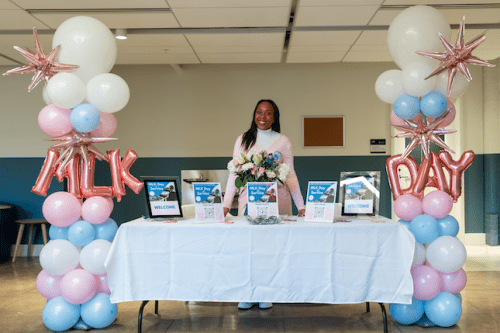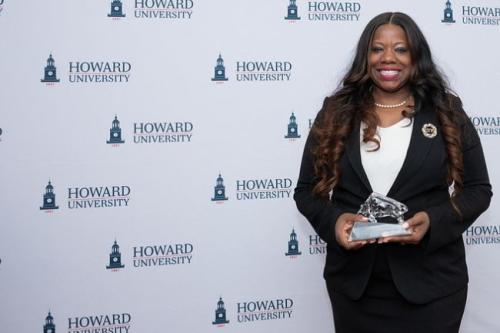The name Lucy translates to “light” in Latin–a namesake carried by Howard alumna Lucy Diggs Slowe who changed the world.
It is simply the life that she lived: pouring into women as the first Dean of Women for Howard University and the first president of Alpha Kappa Alpha Sorority, Incorporated; establishing the Shaw Junior High School; and teaching at Douglass High School in Baltimore.
Amy Y. Quarkume’s book, “Her Truth and Service,” is a new collection of Slowe’s letters, essays, and speeches exploring the journey of building paths for Black women in higher education.
“Her life is a compelling story to understand that we have more work to do,” Quarkume says. “She tried to push and pull herself and other Black women to be acknowledged in the American fabric.”
The story of Lucy Diggs Slowe is one of metamorphosis, revelations, and profundity,”
Affectionately known as Dr. A, Quarkume, who dedicates the book to Slowe and the “many Black women and girls who continue her fight,” began her tenure at Howard University in August 2013; since then, her work has spanned different intersections of The Yard.
Quarkume is an Africana studies associate professor and the director of student engagement at the University’s Center for Women, Gender, and Global Leadership. Her current research centers on the intersection between Africana Studies, environmental justice and artificial intelligence.
The collection is an ode to Slowe’s self-determination despite a societal tendency to box women into narrow, one-sided identities. “There are too many of me for me to know each one,” Slowe once wrote to her housemate, Mary P. Burrill.
Quarkume says that Slowe’s commitment to “raising the bar for Black women and the American identity” sparked ire, particularly from powerful men who attempted to halt Slowe’s perseverance. “Her intention was to disrupt the stronghold sexism held on distorting logic and reason,” Quarkume writes in the book’s intro.
In an interview, Quarkume says “Her Truth and Service” allows readers to explore Slowe’s commitment to visibility.


